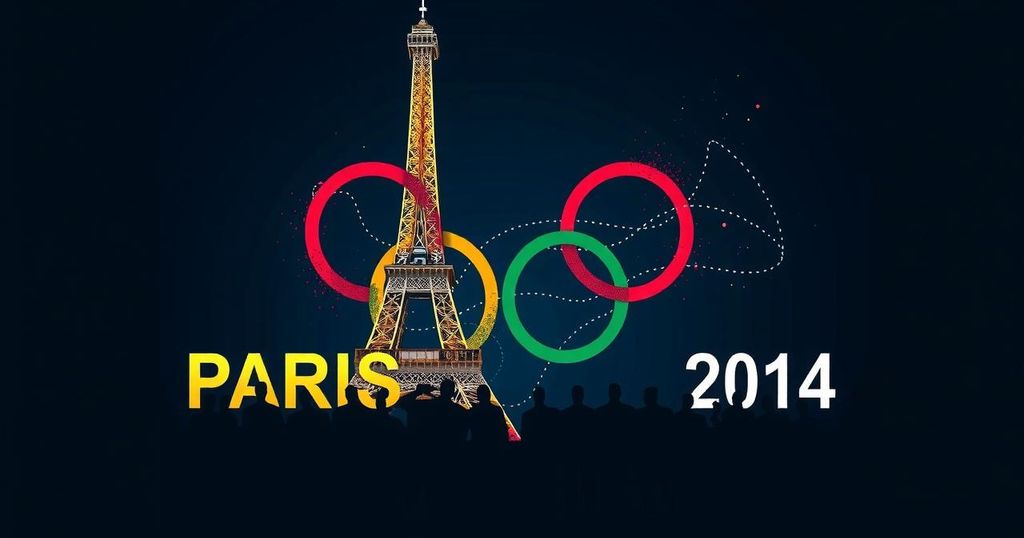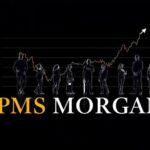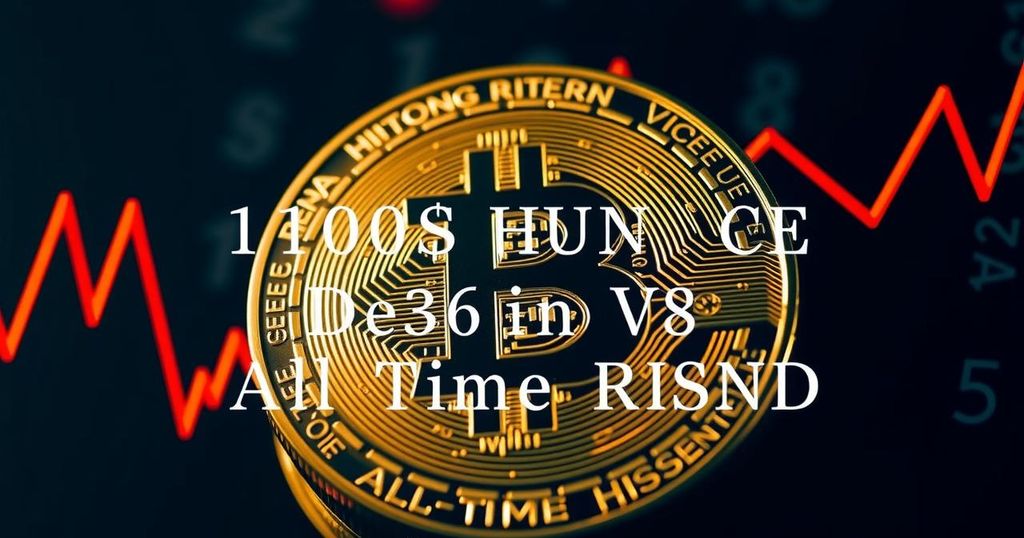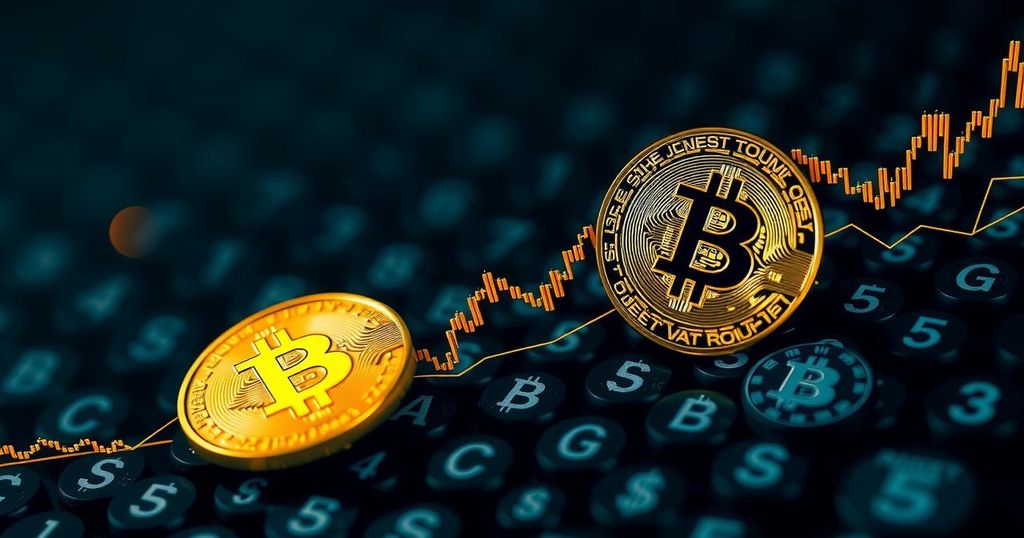The Economic Impact of the Paris Olympics on the Eurozone: A Short-Lived Boost?
The Paris Olympics has had an unexpected positive impact on the economy of the euro area, resulting in a significant increase in private-sector growth. According to S&P Global’s composite Purchasing Managers’ Index, there has been a notable rise to 51.2 in August from 50.2 in July, surpassing analysts’ expectations and marking the fastest pace in three months. The gauge for services also reached its highest level since April. However, despite this favorable development, the manufacturing sector in the region continues to face challenges, with Germany, the largest economy in Europe, reporting a contraction in output that exceeded expectations.
According to Chief Economist Cyrus de la Rubia of Hamburg Commercial Bank, the current economic situation in the eurozone can be described as “a tale of two worlds.” While France saw a rapid increase in growth momentum, there are indications that this trend may not be sustained. The fading Olympic boost in France, along with declining confidence in the eurozone’s service industry, could potentially impact the manufacturing sector as well.
The data suggests that the eurozone may struggle to maintain the strong momentum it had in the first half of this year. Analysts surveyed by Bloomberg are predicting only a marginal expansion in Germany’s economy for the entirety of 2024. This underlying weakness has prompted calls for the European Central Bank to consider lowering interest rates once again to stimulate economic growth.
Olli Rehn, a member of the ECB’s Governing Council, has emphasized the necessity of a rate cut at the next monetary policy meeting in September, particularly in response to the increased negative growth risks in the euro area. This sentiment has been echoed by Bloomberg Economics, which highlighted signs of weaker underlying growth momentum in the euro-area composite PMI survey.
Moreover, inflation increased in July and output prices in the region’s private sector accelerated in August. While these may indicate progress towards the 2% target, consumer price pressures are expected to ease again this month. Despite the increase in output prices, the slowdown of cost pressures has strengthened the case for an interest-rate cut at the ECB’s upcoming meeting.
The Purchasing Managers’ Index (PMI) is a closely-watched indicator that provides early insights into an economy’s trends and turning points. While the recent PMI data for the eurozone is positive, it also raises concerns about the sustainability of the current economic momentum.
It is evident that the economic impact of the Paris Olympics has generated a mix of positive and negative signals for the eurozone. As policymakers and central banks continue to navigate through these complexities, the next steps will be crucial in determining the trajectory of the euro-area economy in the coming months.








Post Comment